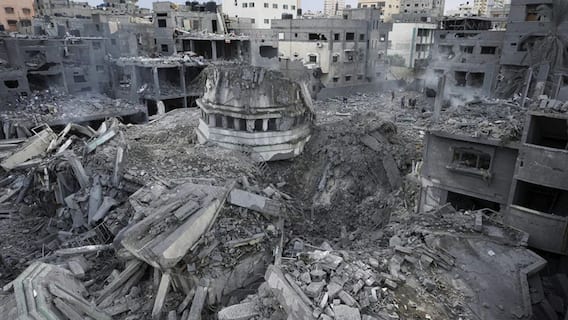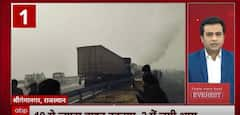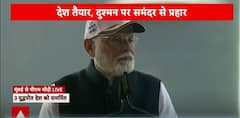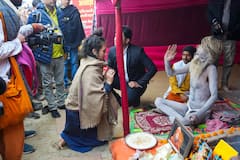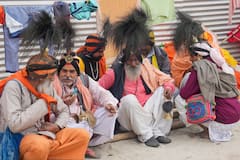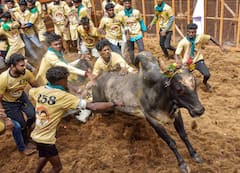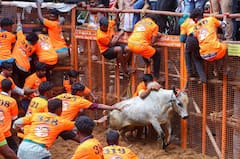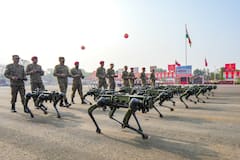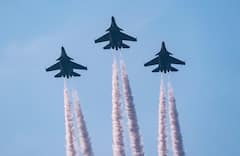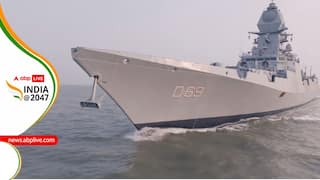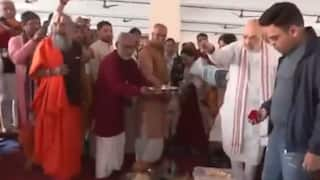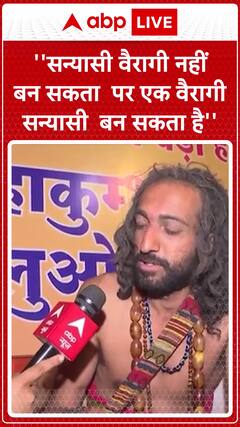CDS Gen Bipin Rawat: The Former Army Chief Who Died In Service | OBIT
Gen Bipin Rawat was appointed India’s first Chief of Defence Staff in Dec 2019. He was the principal advisor to govt on all defence-related matters, and also headed Department of Military Affairs.

New Delhi: India’s first Chief of Defence Staff (CDS) General Bipin Rawat died when a military chopper carrying him and 13 others, including his wife, crashed in the Nilgiris near Coonoor in Tamil Nadu on Wednesday morning.
General Rawat, the 26th Chief of Army Staff, became the CDS after serving as the 57th and last chairman of the Chiefs of Staff Committee.
Born on March 16, 1958, Gen Rawat graduated from the National Defence Academy (NDA) and the Indian Military Academy (IMA), and was also an alumnus of the Defence Services Staff College (DSSC), Wellington, and the Higher Command Course at the United States Army Command and General Staff College at Fort Leavenworth, Kansas.
He was on his way to DSSC, Wellington when the accident occurred on Wednesday.
Gen Rawat who was commissioned in the Fifth Battalion of 11 Gorkha Rifles in 1978, served in different capacities over his four-decade-long service — including Brigade Commander, and General Officer Commanding-in-Chief, Southern Command.
He was awarded AVSM, YSM, SM, VSM, and COAS awards during his career. Gen Rawat had also served with the UN Democratic Republic of the Congo.
TIMELINE | Chopper Carrying CDS Bipin Rawat Crashed 5 Minutes Before Destination
After retirement as the Chief of Army Staff in 2019, Gen Rawat was appointed the country’s first CDS in December the same year.
As the CDS, he was the principal advisor to the government on all defence-related matters, and was also the Defence Advisor to the Nuclear Command Authority of India. He also headed the Department of Military Affairs (DMA).
Surgical Strikes Under Bipin Rawat
Bipin Rawat, then Dimapur-based 3 Corps Commander, was also involved in the cross-border strikes in 2015 after 18 Indian soldiers were ambushed and killed by Naga rebels (NSCN-K) in Manipur. While National Security Advisor Ajit Doval was monitoring the developments, on the military side, the responsibility of coordination lay with Lt Gen Bipin Rawat.
In September 2016, within weeks of taking over as Vice-Chief of Army Staff, Bipin Rawat was involved in another cross-border strike, this time across the Line of Control into Pakistan-occupied Kashmir.
The Indian Army destroyed many terrorist camps by conducting surgical strikes in PoK on September 29, 2016. Many terrorists were also killed in the attack. The Army took this action after several soldiers were martyred in the attack on the army camp in Uri.
The 'First Among Equals'
During his appointment, the government had said the CDS will play a key role in ensuring optimum utilisation of the allocated budget, having more synergy in the procurement, training and operations of the three services “through joint planning and integration”.
The person holding the post is expected to be the “first among equals”, and also senior to the Army, IAF and Navy chiefs in terms of service.
Interacting with the media after the appointment, General Rawat had said he would “facilitate integration, ensure best economical use of resources allocated to the Armed Forces and bring uniformity in the procurement procedure”.
“I want to assure you that the Army, Navy and Air Force will work as a team and the CDS will ensure integration among these,” he said.
Rawat, who turned 63 in March 2021, could become the longest-serving military officer as he had another one year and a half to serve as CDS.
The post of CDS was seen as one of the biggest defence reforms in Independent India. The person holding the position has been given an upper age limit of 65 years, along with extension.
“We’ve been able to get all the services on board on the issue of integration,” he told India Today in December 2020 on completing a year as CDS.
"It has dawned on everyone that, to be combat-effective, unless we operate together, we won’t be able to apply our combat power the way we should. It’s good to have individually strong services, but it shouldn’t lead to lopsided development of one service," he had said.
Trending News
Top Headlines









